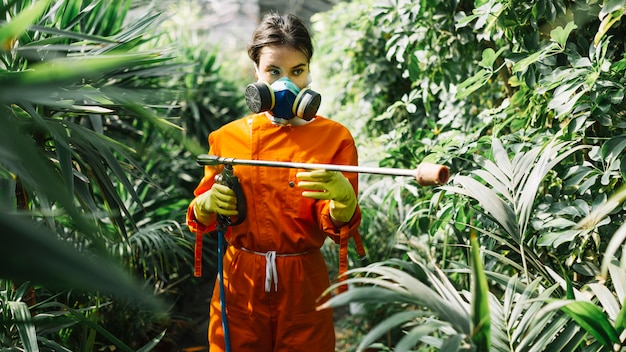
Effective Mosquito Control Services in Arlington TX
Mosquitoes are more than just a nuisance; they are vectors of diseases that pose significant health risks. In Arlington, TX, the warm climate provides an ideal breeding ground for these pests, making effective mosquito control services essential for maintaining a safe and comfortable living environment. This article explores the various methods and strategies employed to manage mosquito populations effectively and ensure public safety.
Understanding Mosquito Behavior
To implement effective mosquito control, it is crucial to understand their behavior. Mosquitoes are most active during dusk and dawn, and their breeding sites are typically areas with stagnant water. Knowing these habits helps in devising strategies that effectively target and reduce mosquito populations.
Common Breeding Grounds
- Stagnant water bodies such as ponds and ditches
- Clogged gutters and drains
- Overwatered lawns and gardens
- Uncovered rain barrels and containers
Methods of Mosquito Control
Mosquito control involves a combination of techniques that target different stages of the mosquito life cycle. This multifaceted approach ensures a significant reduction in mosquito populations.
Larvicides
Larvicides are chemicals used to target mosquito larvae, preventing them from developing into adults. They are applied to standing water sources where mosquitoes breed. Explore further insights here.
Adulticides
Adulticides are used to kill adult mosquitoes. They are typically applied using sprays and foggers in outdoor spaces. This method is effective in reducing adult mosquito populations rapidly. Read more about this topic.
Biological Control
Biological control involves the use of natural predators or pathogens to reduce mosquito populations. Fish that eat mosquito larvae can be introduced into ponds, and certain bacteria can be used to infect and kill mosquito larvae. Find additional information here.
Community-Based Mosquito Control
Effective mosquito control requires community involvement. Public awareness campaigns and community participation play a crucial role in reducing mosquito breeding sites and implementing control measures.
Public Education
Educating the public on preventive measures can significantly impact mosquito control. This includes information on eliminating standing water, using mosquito repellents, and installing screens on windows and doors. Learn more in this detailed guide.
Community Cleanup Initiatives
Organizing community clean-up drives to remove potential breeding grounds is an effective way to control mosquito populations. These initiatives encourage residents to take collective responsibility for maintaining a mosquito-free environment.
Technological Advancements in Mosquito Control
Advances in technology have led to the development of innovative mosquito control methods. These include automated traps, drones for large-scale monitoring, and genetically modified mosquitoes that reduce populations by disrupting breeding.
Automated Traps
Automated mosquito traps are designed to attract and capture mosquitoes using scents and CO2, significantly reducing local populations. They are a non-invasive and eco-friendly control method.
Genetic Control
Genetic control involves releasing genetically modified mosquitoes that prevent reproduction, thereby reducing the overall population. This method is still under research but shows promising results in test areas.
Effective mosquito control in Arlington, TX, requires a combination of traditional and innovative methods, community involvement, and continuous public education. By understanding mosquito behavior and employing a strategic approach to control, communities can enjoy a safe and comfortable environment free from the dangers posed by these pests. Explore further insights here.